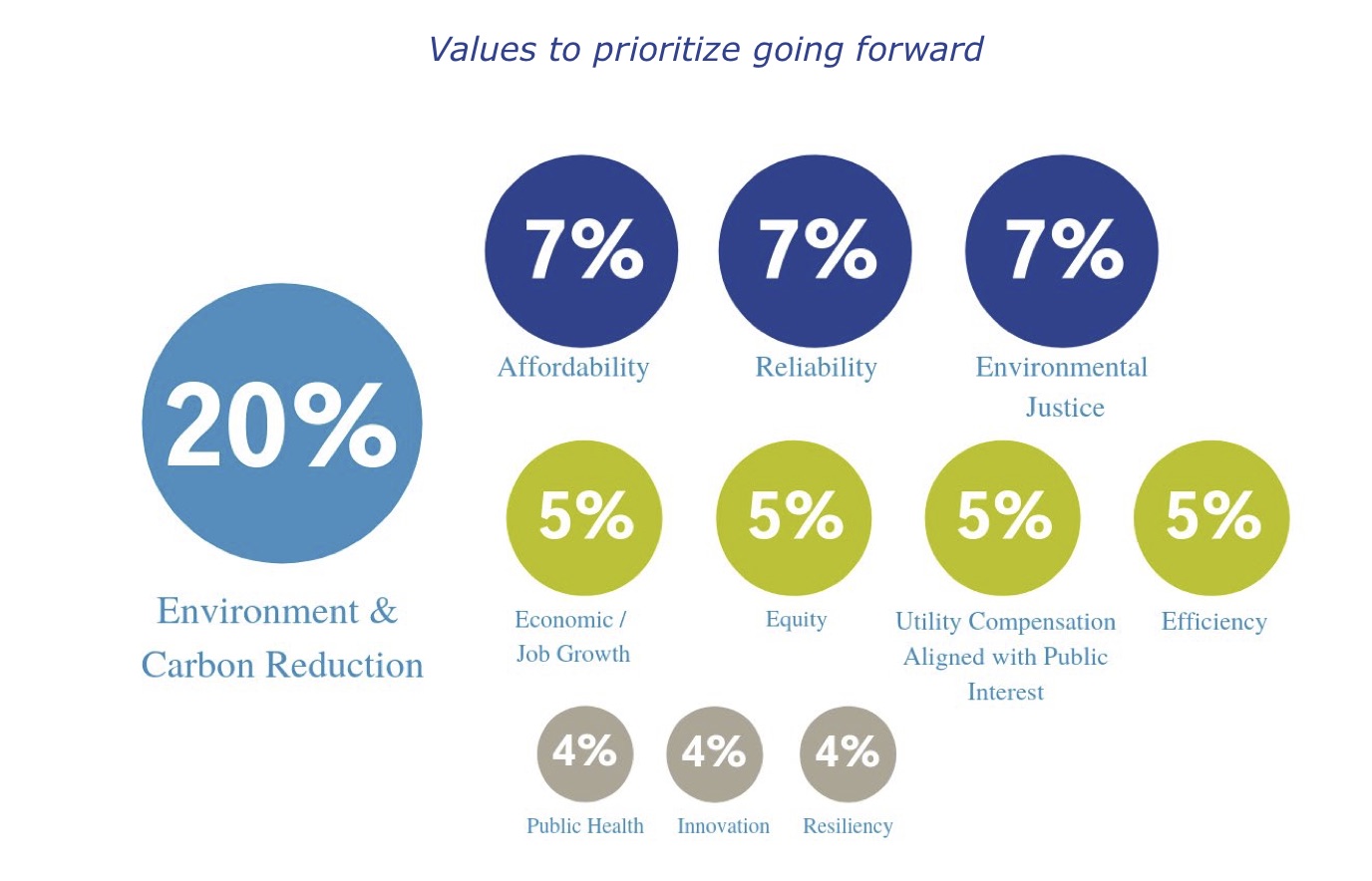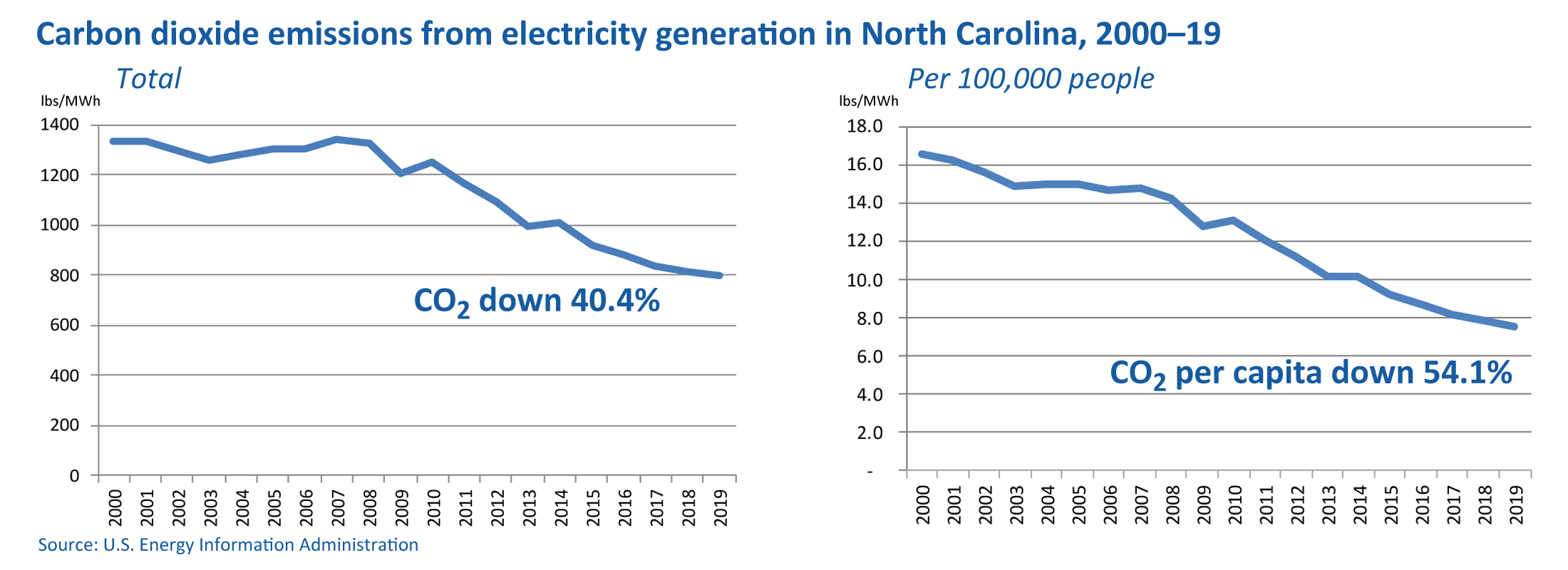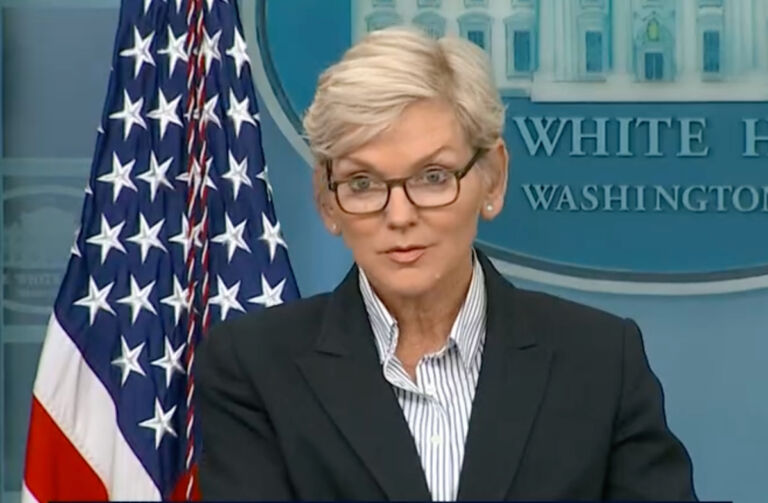Speaking normally, the phrase cost of electricity refers to the cost of electricity. To our media, it seems, the phrase cost of electricity is a nonsense phrase, a bit of gibberish that seems to help signal to their readers whether they should support or oppose a politician or a proposal but otherwise has no meaning.
Consider: North Carolina political media had loud and clear preferences in favor of now-Gov. Roy Cooper and now–Atty. Gen. Josh Stein. Both of those politicians promised voters that they would protect them from rate increases based on coal-ash cleanup, to media acclaim. Media perceived these promises to shield people from an unfair high cost of electricity as an effective however mysterious reason for people to support their candidates.
Both Cooper and Stein later blew up those promises, thanks to two settlement agreements leaving people on the hook for 90% of an estimated $9 billion cleanup cost. Media were silent about the implications of those agreements portending significant increases in the cost of electricity.
Now there’s a bill affecting electricity generation and provision (House Bill 951) that has passed overwhelmingly in the Republican-led General Assembly, and the News & Observer recently published a story on it that contained a disclaimer that it was produced “with financial support from 1Earth Fund, in partnership with Journalism Funding Partners, as part of an independent journalism fellowship program” about it. The disclaimer makes sure to add that “The N&O maintains full editorial control of the work.”
As it is, the story openly worries that “the bill would lead to rate hikes without providing protections to the people most impacted by them.” Potential high cost of electricity could persuade people against the bill just in time, because people for some reason think high cost of electricity is bad.
But where have media concerns about cost of electricity been hiding these past few years? If you wanted to read about trying to protect ratepayers and provide least-cost, reliable electricity (the state standard in law, by the way), you were here — and you were reading this, this, this, this, and this, among many others.
You were also reading about how the governor’s “Clean Energy Plan,” whose emissions goals this legislation would put into statute, were promoted by 164 environmental and other “stakeholder” organizations who openly admitted that “Affordability” and “Reliability” were not priorities for a critical good that everyone needs but no one has any choice over in this state.

Source: DEQ, “North Carolina Clean Energy Plan” draft report.
You weren’t reading about how well North Carolina has been cutting emissions dramatically this entire century, unless you were reading here.

Still playing word games with affordability
Note how the cost concern is presented. The issue isn’t that the bill would lead to rate hikes. The story quotes Sen. Don Davis (D-Greenville) as saying, “We can all agree the rates are going to increase.” (We can?) So everyone would be impacted, just as everyone is going to be impacted by the monstrous coal-ash settlement agreements.
Instead, the story’s concern is that there wouldn’t be “protections” provided to “the people most impacted by [the rate hikes].” So the N&O still isn’t concerned about rate hikes, only that there isn’t a program to lessen the rate hikes just on certain ones who would be “most impacted.” The story rightly discusses the problems of energy poverty, but not in the context of writing against forcing energy policies that exacerbate those problems. The newspaper/environmental partner take for granted that those policies should be forced on people who have no choice in electricity provision.
And why must there be rate hikes? You’d have to read here to know that the governor’s “Clean Energy Plan” would leave North Carolinians materially worse off, with higher electricity costs and greater emissions.
More word games: “Least-cost path to compliance” isn’t least-cost electricity
The bill’s text makes it sound as if it were upholding the state standard of least-cost, reliable provision. Not at all. It would chart a “least cost path consistent … to achieve compliance with the authorized carbon reduction goals.” How is that not least-cost? Because it isn’t the provision of electricity that’s to be least-cost going forward; rather, it’s the path to achieve compliance with a political goal.
It’s like saying our goal is to have dinner and we’re going to seek the least-cost path consistent with having fresh lobster flown in from Maine and served with caviar. Meanwhile, the newspaper/environmental partner chirps up about making sure we give a coupon to the poorest families first but otherwise agrees with lobster and caviar suppliers and enthusiasts that forcing higher dinner prices on everyone is to be expected.
You would have to read here to understand the wide range in cost and reliability among Cooper’s preferred energy sources and others, including by the way zero-emissions nuclear.


